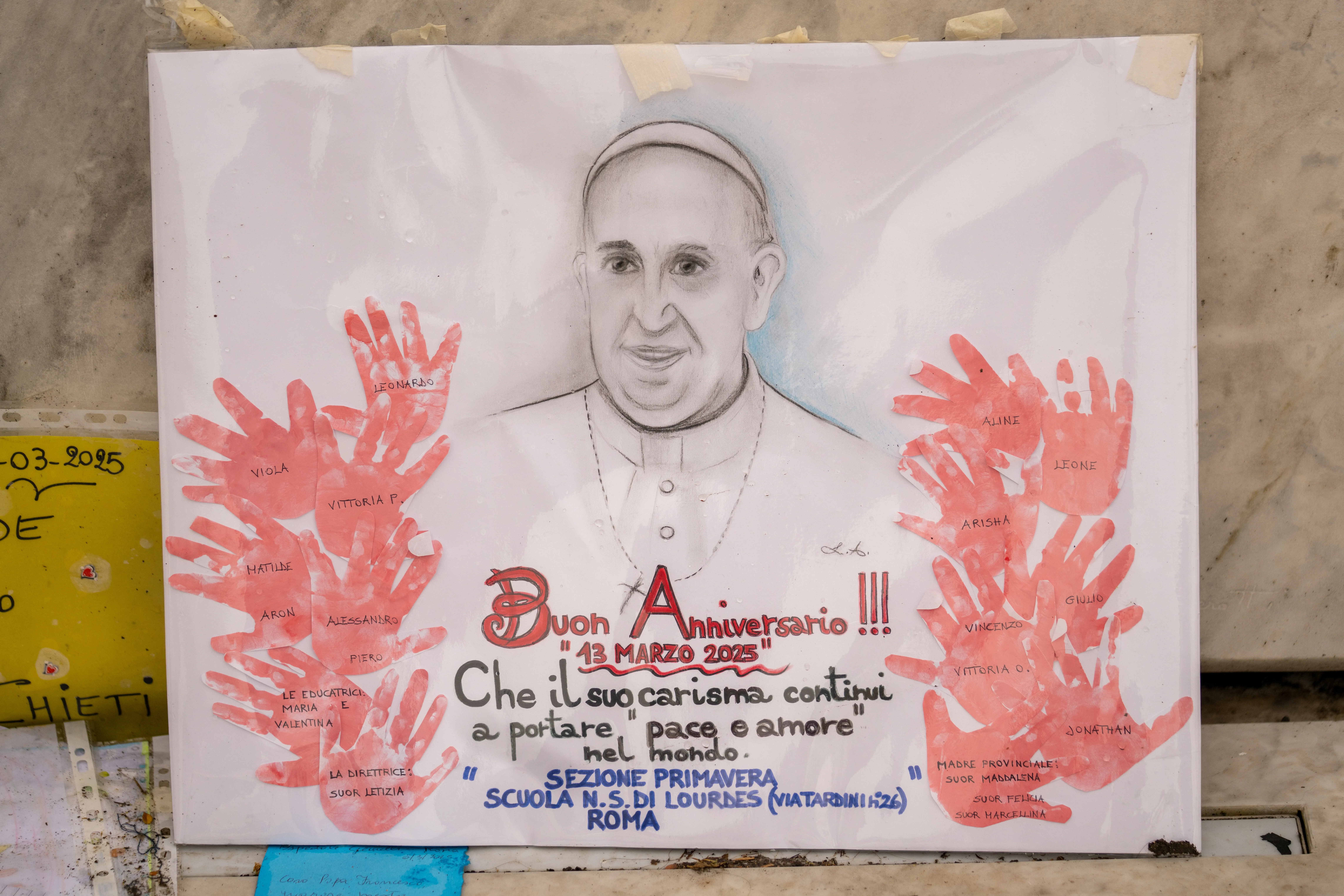Born in 1696, he practiced civil law for eight years before becoming a priest and went on to write extensively within the field of moral theology, in addition to devotion writings on the Blessed Sacrament and the Virgin Mary.
Among prayers composed by Liguori is an Act of Spiritual Communion, which Pope Francis has recommended people to pray when coronavirus lockdowns prevent them from being able to attend Mass.
In his letter, the pope also quoted Liguori’s “Ascetical Works,” in which the saint wrote that “the paradise of God ... is the heart of man.”
“The formation of consciences for good seems to be an indispensable goal for every Christian. Giving space to consciences -- a place where the voice of God resounds -- so that they can carry out their personal discernment in the concreteness of life is a formative task to which we must remain faithful,” the pope said.
Pope Francis described Liguori as a “model of missionary outreach for the entire Church,” who shows how to “bring consciences closer to the welcoming face of the Father.”
“Like St. Alphonsus, we are called to go out to meet the people as an apostolic community that follows the Redeemer among the abandoned. This reaching out to those without spiritual help helps to overcome individualistic ethics and to promote a moral maturity capable of choosing the true good. By forming responsible and merciful consciences, we will have a mature Church capable of constructively responding to social frailties, in view of the kingdom of heaven,” he wrote.
The pope said that Liguori “offered constructive responses to the challenges of the society of his time, through popular evangelization, indicating a style of moral theology capable of holding together the need for the Gospel and human frailties.”
“Moral theology must not be afraid to welcome the cry of the least of the earth and to make it its own. The dignity of the frail is a moral duty that cannot be evaded or delegated. It is necessary to witness that law always means solidarity,” Pope Francis said.
“I invite you, as St. Alphonsus did, to go out to meet the fragile brothers and sisters of our society. This involves the development of a moral theological reflection and pastoral action, capable of committing oneself to the common good which has its roots in the proclamation of the kerygma [Gospel proclamation], which has a decisive word in defense of life, towards creation and brotherhood.”
Courtney Mares is a Rome Correspondent for Catholic News Agency. A graduate of Harvard University, she has reported from news bureaus on three continents and was awarded the Gardner Fellowship for her work with North Korean refugees.



.jpg)




